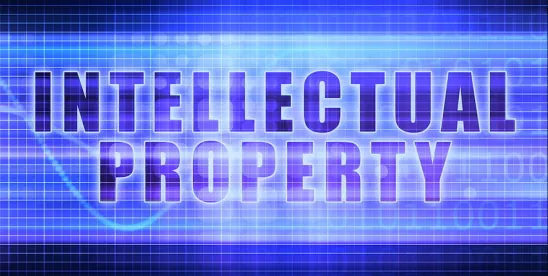On May 9, 2024, the Supreme Court released its decision in Warner Chappell Music v. Nealy, a case with significant implications for damages available to plaintiffs in copyright infringement claims. The Court assumed, without deciding, that the discovery rule applies to copyright infringement claims. Operating under this assumption, the Court held that a copyright plaintiff can recover damages for acts that occurred more than three years before the filing of a lawsuit — as long as the claim is timely under the discovery rule. The decision resolves a narrow damages question, leaving the broader issue of the discovery rule’s validity for another day.
Licensing While Incarcerated
The case centers around Sherman Nealy, the founder of Music Specialist, Inc. (MSI), who alleged that Warner Chappell Music and other defendants infringed on copyrights owned by MSI. Nealy claimed that Tony Butler, an employee hired to create music for MSI, unlawfully licensed MSI’s works to Warner Chappell and others while Nealy was incarcerated. Nealy asserted that he was unaware of these licenses until after his release from prison.
In granting partial summary judgment for Warner Chappell, the district court held that the Copyright Act’s statute of limitations precludes recovery of damages for acts that occurred more than three years before the filing of the lawsuit, even though Nealy did not discover the infringement until more than three years after the infringing acts took place. The district court then certified that order for interlocutory appeal to the Eleventh Circuit, which held “when a copyright plaintiff has a timely claim under the discovery accrual rule for infringement that occurred more than three years before the lawsuit was filed, the plaintiff may recover damages for that infringement.”
The decision deepened a circuit split between the Ninth and the Second circuits (with the Eleventh Circuit joining the Ninth), traceable to a line in the Supreme Court’s decision in Petrella v. Metro-Goldwyn-Mayer, Inc.: “A successful plaintiff can gain retrospective relief only three years back from the time of suit.” The Second Circuit, in Sohm v. Scholastic Inc., read the line as imposing a separate damages bar, limiting damages to the three-year period preceding the filing of a lawsuit, even for claims that are timely under the discovery rule.
The Court’s Decision
In a 6-3 decision authored by Justice Elena Kagan, the Court expressly rejected the Second Circuit’s view, stating it has “no textual support” and is “self-defeating.” The Court assumed, without deciding, that the discovery rule applies to copyright infringement claims and held — under this assumption — the Copyright Act imposes no separate time limit on the recovery of damages for timely infringement claims. If a claim is timely under the discovery rule (i.e., brought within three years of discovery), the plaintiff can recover damages for infringing acts no matter when they occurred.
The Court reasoned that the Copyright Act’s statute of limitations provision establishes a three-year period for filing suit that begins when the claim accrues (here assumed to be upon discovery). But the act contains no separate three-year time limit on recovering damages measured from the date of infringement. The Court found no support for a separate damages limit in the act’s remedial provisions.
However, the Court expressly avoided deciding whether the discovery rule actually governs the timeliness of copyright claims in the first place, since that issue was not properly presented. It simply assumed the rule’s applicability to answer the narrow damages question before it.
In a dissenting opinion, Justice Neil Gorsuch argued that the Court should have first addressed the logically antecedent question of whether the Copyright Act even allows for a discovery rule at all before opining on the rule’s operational details. He suggested the act likely does not permit the rule except in cases of fraud or concealment.
Implications for Copyright Plaintiffs
The Court’s decision in Warner Chappell Music v. Nealy is a qualified victory for copyright plaintiffs, albeit an important one for cases in the Second Circuit because it overturns the holding in Sohm. By allowing the recovery of damages for acts that occurred more than three years before the filing of a lawsuit, the decision significantly increases the potential recovery for plaintiffs in the circuit. The decision will be especially beneficial for plaintiffs like Nealy who, due to incarceration or other circumstances, are unable to closely monitor their copyrights.
However, the decision leaves open the crucial question of whether the discovery rule actually applies to copyright infringement claims under the Copyright Act. If the Court later holds that it does not, the impact of this decision will be significantly diminished.




 />i
/>i
